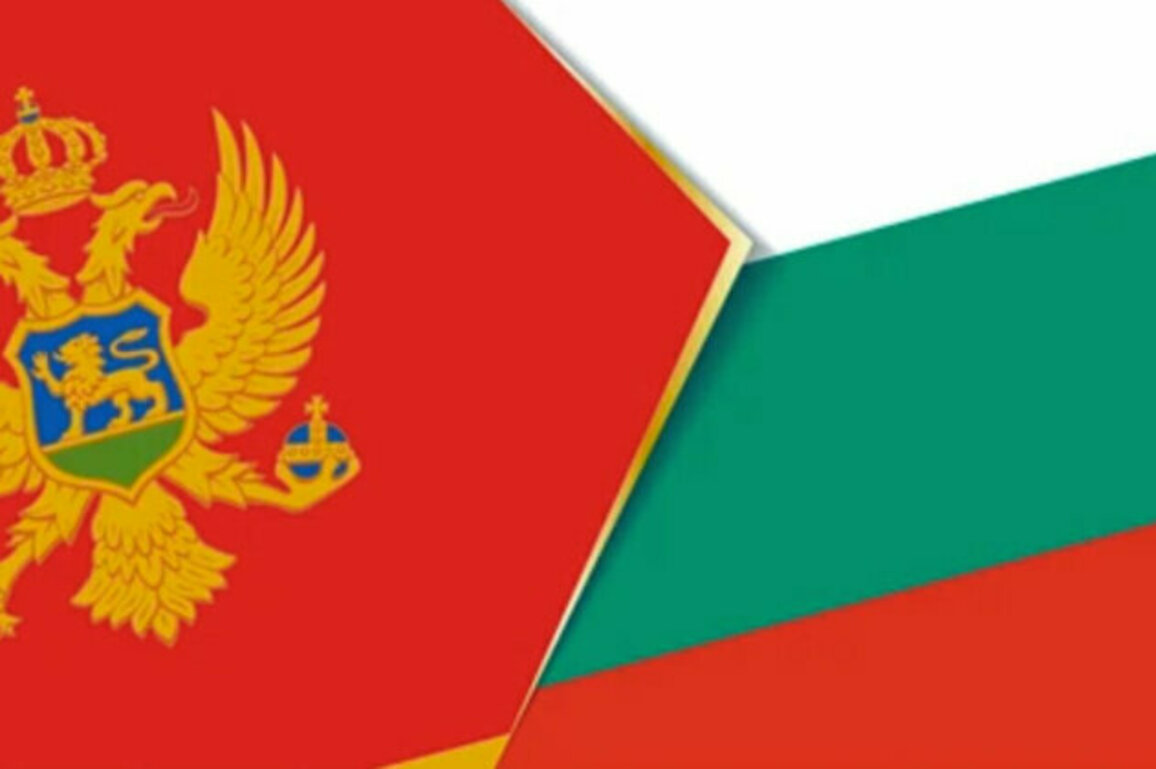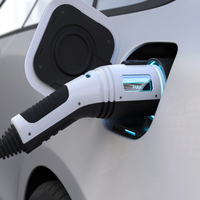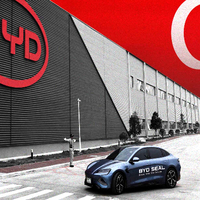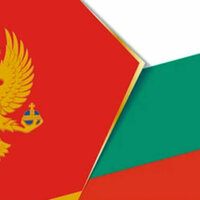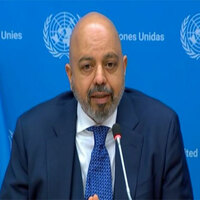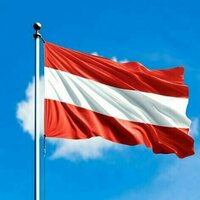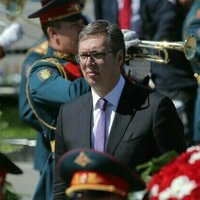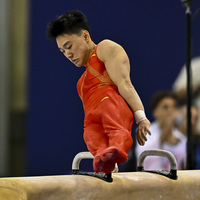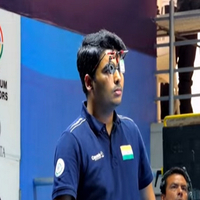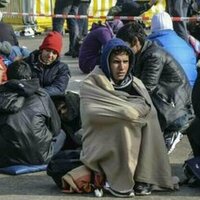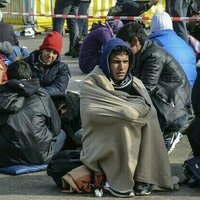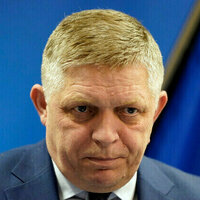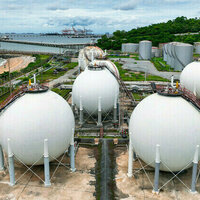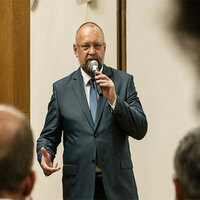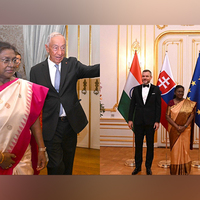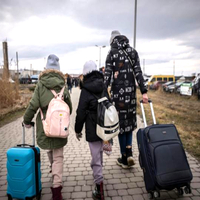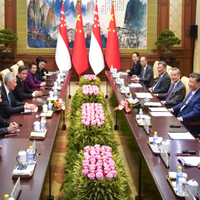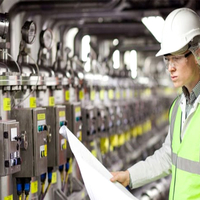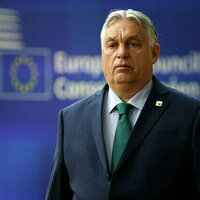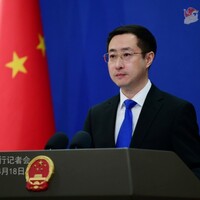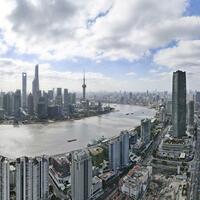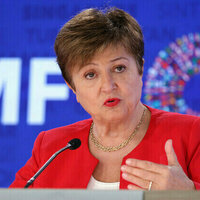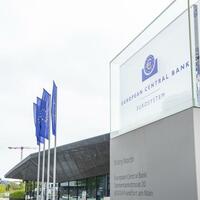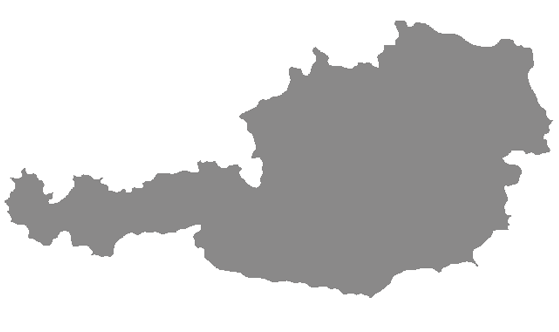Montenegro's Minister for European Affairs, Majda Gorgevi?, reaffirmed in an interview with BGNES that Chinese investments do not threaten the country's EU aspirations, and that historical disputes with Croatia are being addressed through active dialogue. She also stressed the importance of Bulgarian support for Montenegro's accession and highlighted the growing relevance of the Berlin Process amid shifting global dynamics.
Montenegro Nearing Final Stage of EU Negotiations
Gorgevi? noted that Montenegro is in the final phase of accession talks and remains a leading candidate in the European integration process. While the technical elements of the negotiation process are largely complete, political dialogue with EU member states and the European Commission remains vital. She emphasized that Montenegro's strategic objective is full EU membership by the end of 2028.
Key challenges include reforms in the rule of law, public administration, and the judiciary. The minister stressed that her government aims not just to fulfill technical benchmarks but to establish a sustainable institutional framework comparable to that of EU members. She highlighted the shortage of experts and the need for a competent administration that upholds the rule of law.
Berlin Process Gains Geopolitical Importance
Gorgevi? described the Berlin Process as increasingly decisive, especially given today's global uncertainties. Montenegro expects both economic and political benefits from this framework, along with stronger geopolitical alignment with the EU. She underlined the importance of sending a political message that enlargement remains a real and active objective.
She added that 80% of Montenegrins support EU membership, obligating the government to meet public expectations. While financial support is welcomed, Montenegro places equal value on political backing. Gorgevi? warned that waning interest from Brussels could discourage candidate countries, although Montenegro remains fully committed.
External Influence and Cybersecurity Challenges
Addressing the issue of foreign interference, Gorgevi? acknowledged the presence of external pressures, particularly during key political moments. She pointed out that such hybrid attacks aim to undermine trust in the EU process by spreading narratives that "Europe doesn?t want you." In response, Montenegro is bolstering media freedom, the judiciary, and cybersecurity, including the launch of a regional cybersecurity center based in the country. She stressed that building strong institutions is the only way to ensure resilience against such threats.
Judicial Reform as a Cornerstone of Progress
Responding to concerns about the lingering influence of entrenched networks within security institutions, Gorgevi? stated that reforming the judiciary was a top priority in her government's first 100 days. Nine major laws and strategies were passed, signaling to both domestic and international audiences that Montenegro is serious about tackling corruption. She emphasized that the judiciary now carries the responsibility to deliver tangible results, with the government continuing to provide the necessary support.
Chinese Investments and Strategic Orientation
Gorgevi? explained that while Chinese investments were part of Montenegro's infrastructure development in the past, future projects must comply with EU standards and transparency rules. She insisted that such investments no longer pose a risk to EU alignment because lessons have been learned and procedures are now governed by European norms.
Montenegro actively seeks investments from EU countries in sectors like tourism, energy, agriculture, and IT. The country's small economy requires foreign capital, but only investments that adhere to European regulations are welcomed. Gorgevi? emphasized that economic growth remains a priority, but not at the expense of strategic EU goals. Prime Minister Milojko Spaji?'s pragmatic approach ensures that economic partnerships do not lead to political dependency.
Resolving Historical Disputes with Croatia
On the topic of regional relations, Gorgevi? clarified that Montenegro has no active conflicts with its neighbors but does face unresolved historical issues, particularly with Croatia. These are being addressed through structured dialogue at the level of foreign affairs secretaries. While some matters may be resolved quickly, others require more time, expert analysis, and diplomatic committees. Montenegro's aim is to make visible progress by 2027 to secure support from all EU member states.
Marta Kos: Bulgaria Can Play Key Role in Enlargement
European Commissioner for Enlargement Marta Kos, also visiting Bulgaria, emphasized the importance of accelerating the EU enlargement process in the face of rising external pressures. She noted that for the first time, the EU is contending with outside forces intent on obstructing its expansion. Kos reaffirmed that enlargement remains a top priority for the Commission.
She identified Montenegro and Albania as the current frontrunners in the Western Balkans, with negotiations potentially concluding with Montenegro in 2026 and Albania in 2027. Kos expressed optimism about Bulgaria and North Macedonia resolving their bilateral issues, particularly regarding the Bulgarian minority, and reiterated the EU's interest in bringing other candidates like Serbia and Bosnia and Herzegovina closer to accession.
Kos stressed that each Western Balkan country faces unique challenges, but Bulgaria's deep understanding of the region positions it well to support and guide the integration process. She concluded by expressing confidence that lessons from the past will help ensure future success.
Source:BGNES





